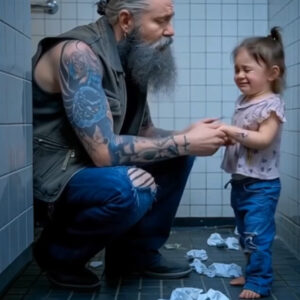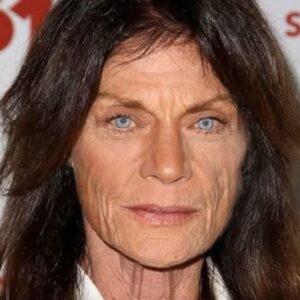My perception of old age is inextricably linked to my grandmother. When I was a kid, I thought this 65-year-old, white-haired woman whose entire body wobbled when she walked was very old. Now that I’m 66, my personal perception — or perhaps, misperception — of old age has changed. I suspect I’ve got lots of company.
Many of us are convinced that while everyone else is aging, that person we see in the mirror every morning is magically aging at a somehow slower pace. The age confusion can start early. A 2018 Michigan State University online survey, of respondents ages 10 to 89 revealed that most think middle age begins at 30 — and that old age begins at, OMG, 50.
Another study from the University of Zurich, published in 2011, determined that older adults often try to avoid the negative stereotypes of their age group by distancing themselves from their age group. Yet another study, from Columbia University, in 2018 found considerable evidence that when confronted with negative age stereotypes, older adults tend to distance and dissociate themselves from this negative stereotype.

Call it what you will, but this gray-haired group of boomers and beyond — myself included — is having a hard time accepting the realities of aging. Yes, we are mortal, but we’re not quite believing it. The great irony, say experts on aging, is that this flirtation with a slightly different reality from our aging peers may, in fact, be a healthy thing.
“Baby boomers are redefining what aging is and what old age looks like,” said Jennifer Ailshire, assistant professor at the Leonard Davis School of Gerontology at the University of Southern California. William Chopik, assistant professor of psychology and principal investigator of the Michigan State study, knows this better than most of us.
“People — particularly older people — usually say they feel younger than they are,” said Chopik. “People who report feeling younger actually tend to live longer and healthier lives — and they don’t tend to have as much of a pattern of decline.”
In most cases, people say they feel about 20% younger than they really are, according to the Michigan State study of more than 500,000 people. This keeps ramping up as folks age, he said. Beginning at age 50, he said, many say they feel about 10 years younger.
The fact we’re generally living longer than we used to also plays a role, experts say. “As our life spans get longer, so does our view of old age,” said Chopik. “How we view ourselves changes constantly as we age.”
For me, it’s been more like a sentence to self-motivate. At age 66, when I look in the mirror, I may not see a 46-year-old staring back at me — but, perhaps, someone closer to 56. Maybe it’s because I’m so lousy at sitting still. I’m out walking my dog at 6:15 a.m., lifting weights in the gym by 7:30 a.m. and swimming laps in the pool before 9 a.m. five days a week. Welcome to my nonstop world that seems to somehow keep old age partially in check.





